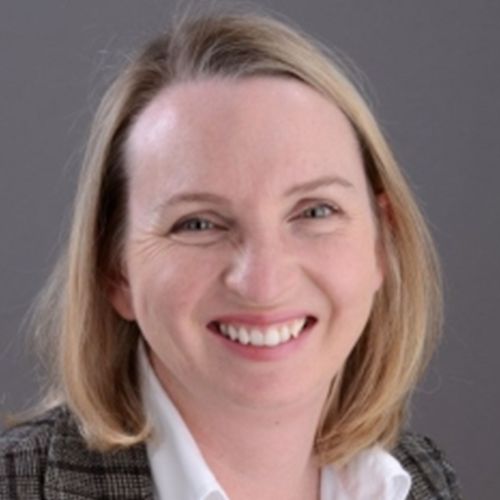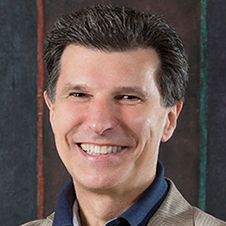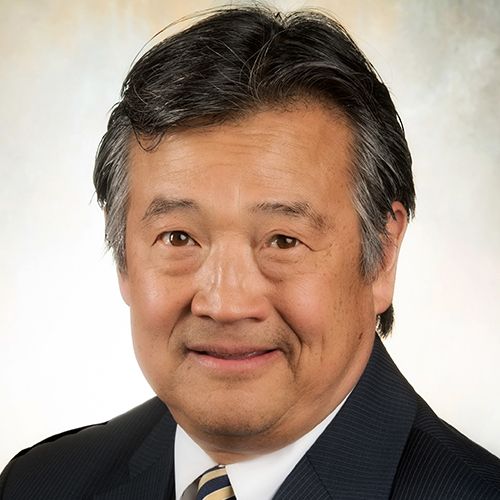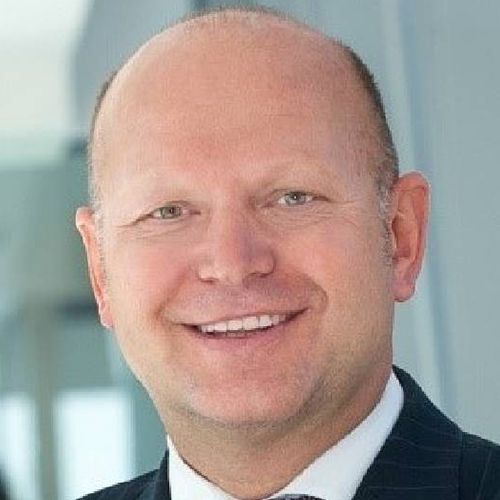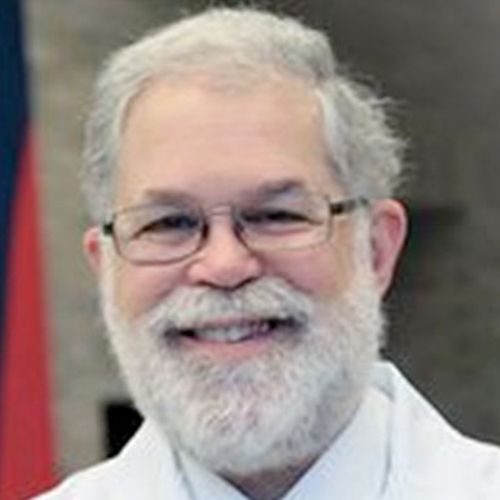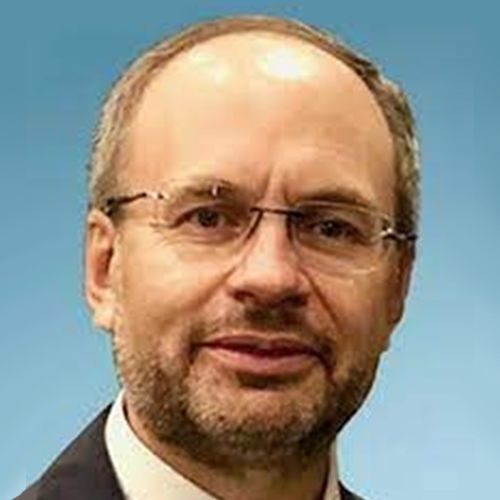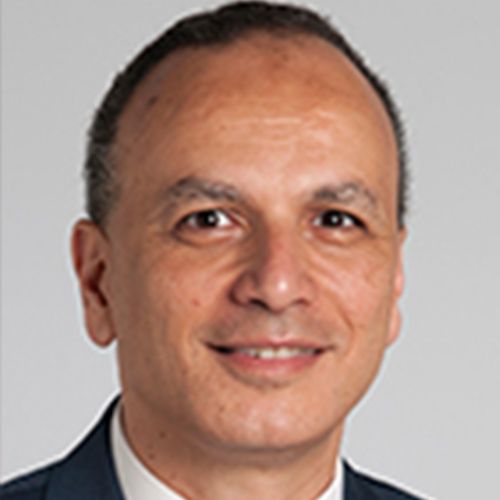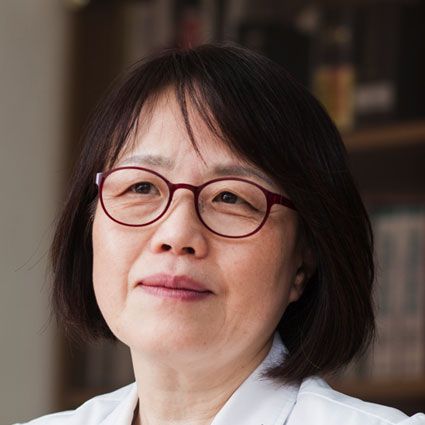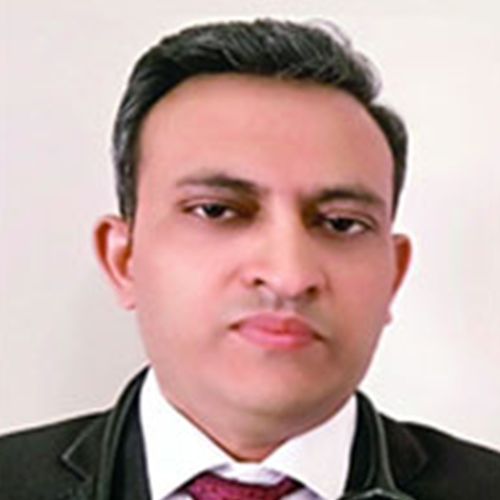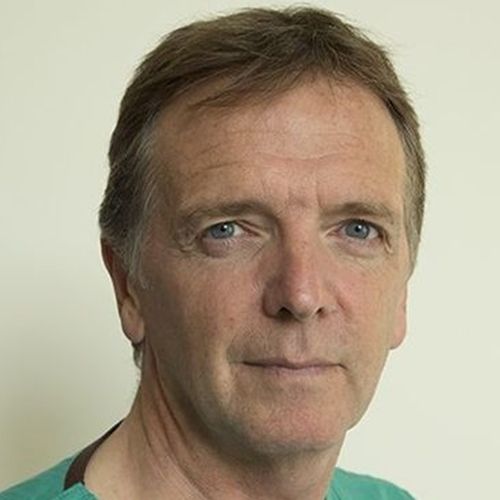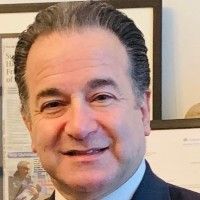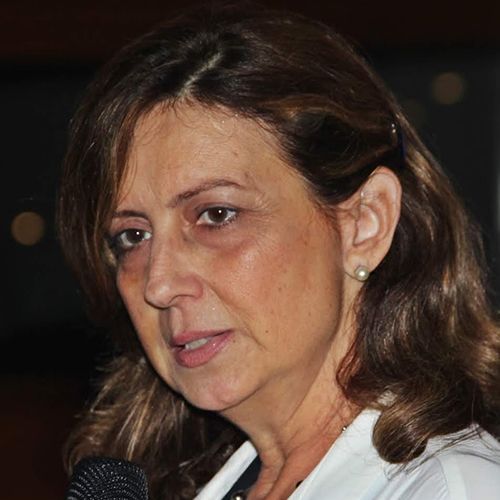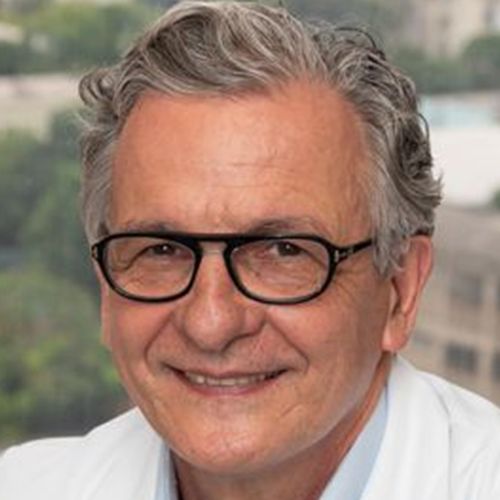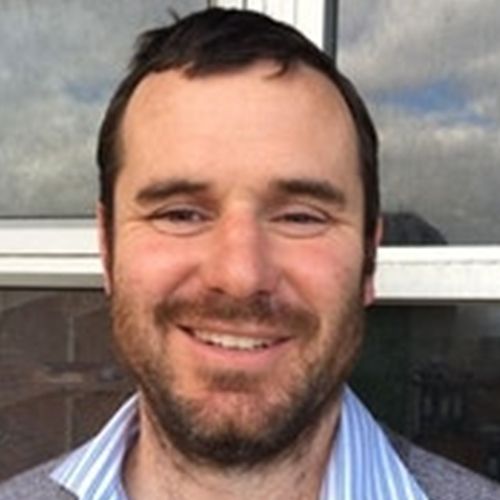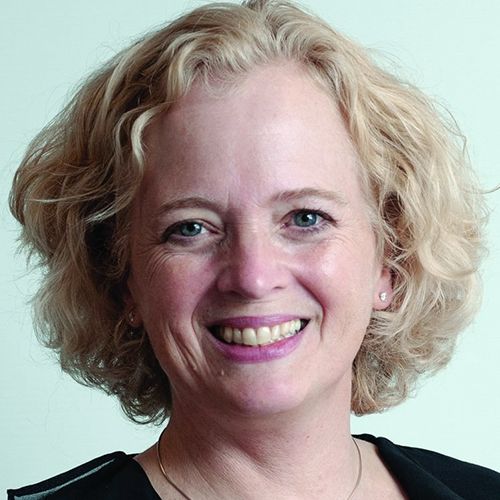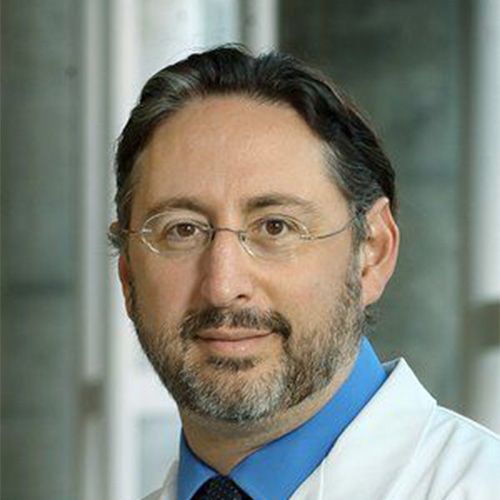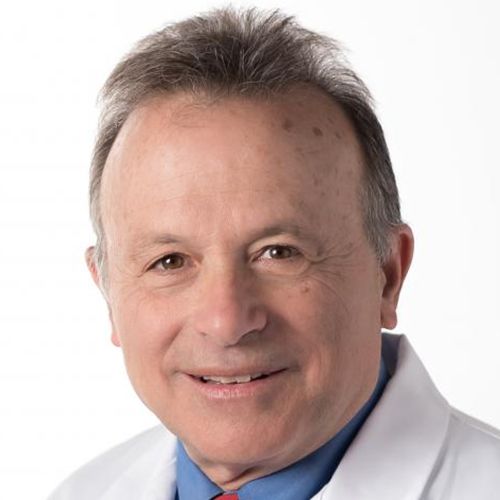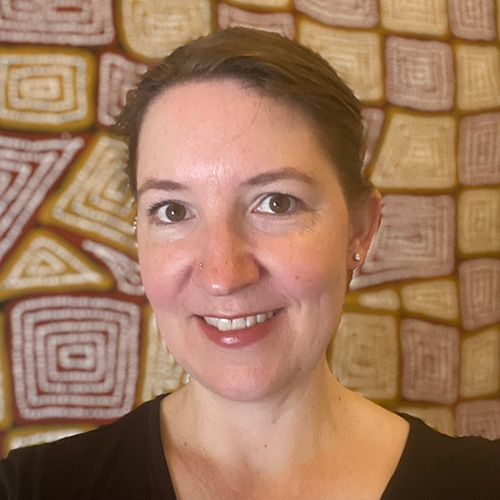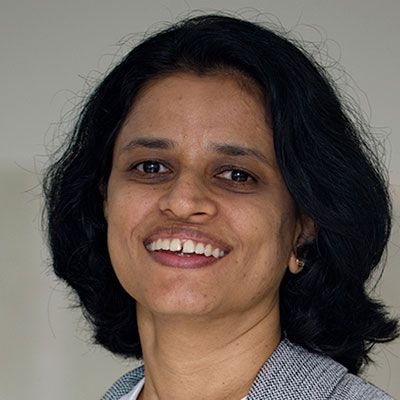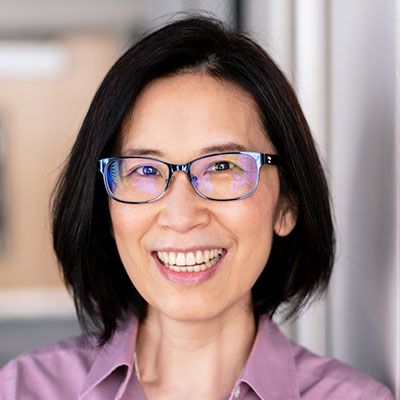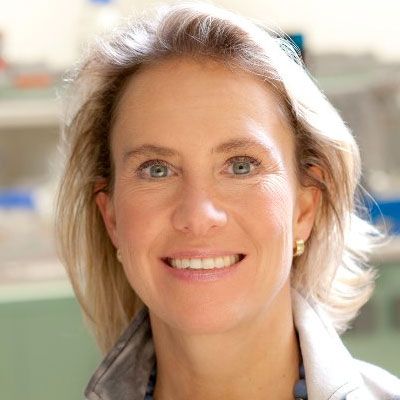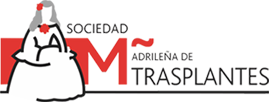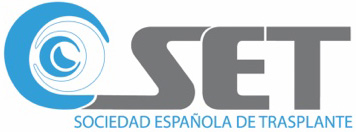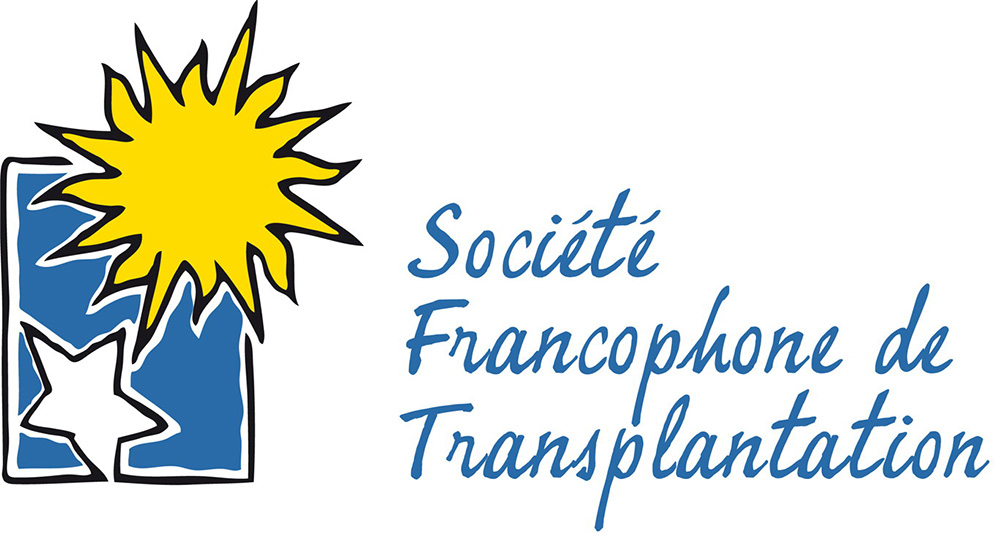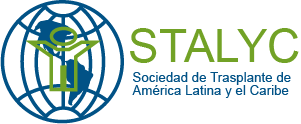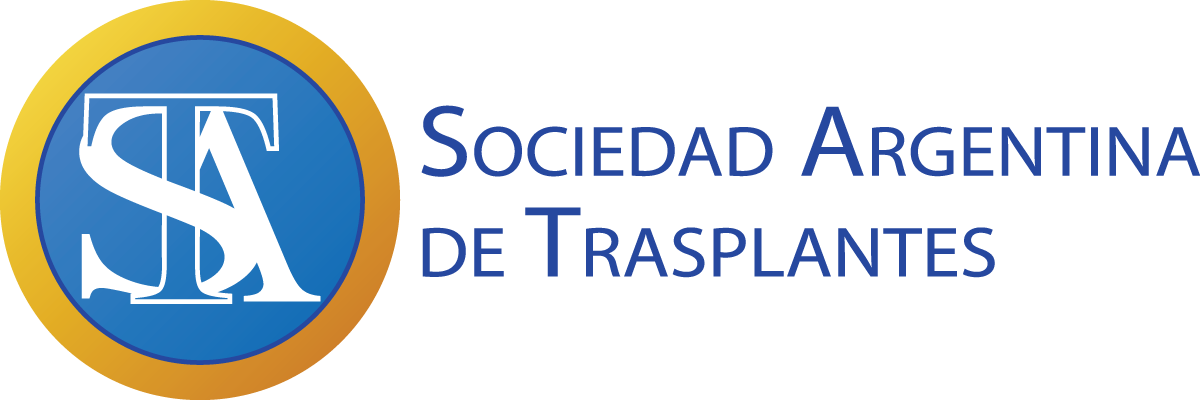Tribune • TTS 2022 Edition
Volume XX • Issue 1
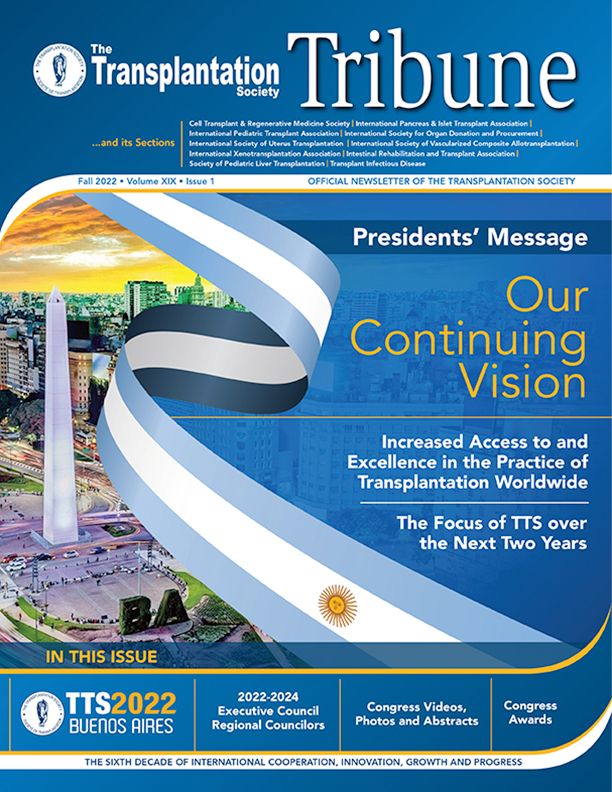
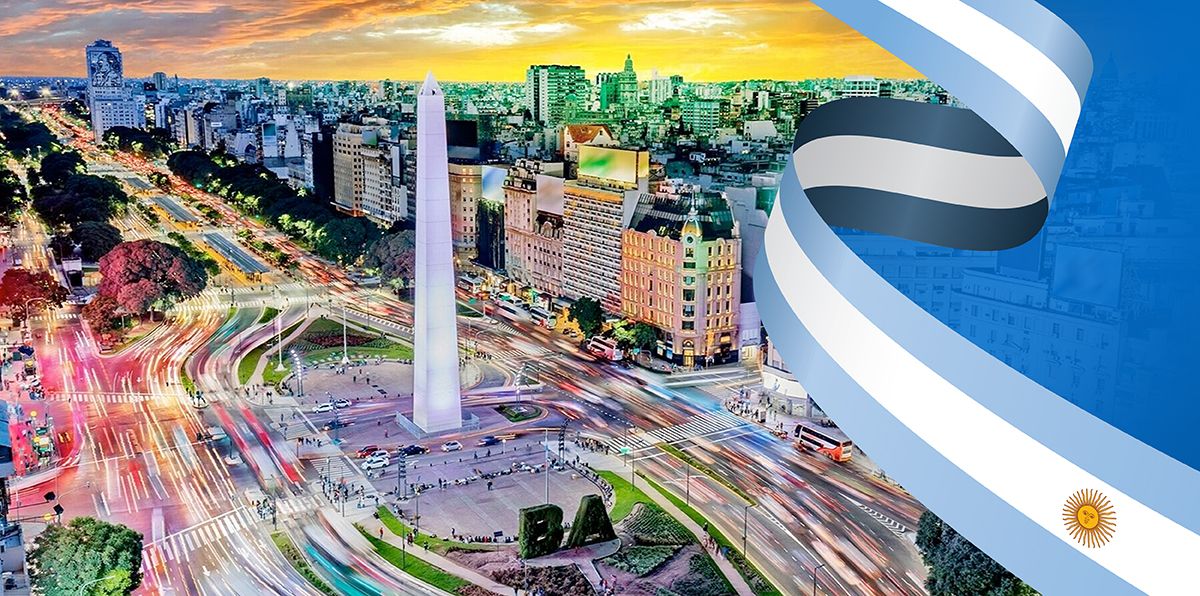
Presidents' Message
It has been an honor and a privilege to serve as TTS President during the past two years. Our vision is to increase access to and excellence in the practice of transplantation worldwide.
In 1992, I attended my first TTS congress in Paris. It was an unforgettable experience, in particular, the night at Montmartre. In 2006, Frank Delmonico and the late Nick Tilney (then TTS President) invited me to help in the organization of a key opinion leader meeting in Montreal. The next year, I had the pleasure of representing TTS at a Latin American congress in Guatemala. I began to realize that one of the main roles of the TTS is contributing to education in different regions of the world.
Over the past two years, during the COVID-19 pandemic, our lives changed dramatically. We have all lost patients, friends and family members. In addition, innocent people died, and continue to die, during the Russia-Ukraine war. We have also lost Dr. Agnes Azimzadeh (President of IXA) and recently, Dr. Anthony Monaco (Past TTS President). I would like to honor the memories of the ones that passed away.
As per the GODT (ONT-WHO), less than 10% of the global transplantation needs are fulfilled. The COVID-19 pandemic negatively impacted global transplantation activities, with about 18% reduction in the number of transplants in 2020. Low- and middle-income countries were significantly affected compared to high income countries.
After more than 2 years of virtual meetings and webinars, we all needed to increase the in-person interaction, the human contact, the smiles, the hugs, the get-together as friends, as the transplant family that we are all part of!
While we have experienced challenges, we have also capitalized on opportunities to advance the field. During this term we created four new committees: Allied Health, Continuing Medical Education, Data Harmonization and Clinical Trials.
At TTS we are collaborating with regional and international societies. We are organizing the 2025 WTC with the AST and the ASTS.
In collaboration with the ISN, TTS is supporting the Declaration of Istanbul Custodian Group. We continue to support the Sister Transplant Centers Program jointly with the ISN, and the Paired Transplant Centers Program with the ILTS.
In collaboration with the Canadian Society of Transplantation, we updated and translated a school education module created by the Dutch Transplant Foundation. Many thanks to Professor Marion Siebelink and Professor and Marlies Reinders for their contribution. The Connecting D.O.T.S. (Donation and Organ Transplantation for Schools) module is available on the TTS webpage. We are in the process of assessing its potential implementation in Quebec, Canada, and have offered it to different countries with the help of the TTS Champions. The main goals are to increase awareness about organ donation and transplantation from a young age, and to provide children and teens with the necessary information to be able to discuss these topics with family members and friends.
With the aim of increasing transplantation activities worldwide, we collaborated with the WHO and the Pontifical Academy of Sciences in the organization of a virtual symposium that took place in June of 2021.
The TTS committees worked hard to address regional needs by preparing and presenting different webinars, such as the Master Class series in August-September 2021.
As well, TTS collaborated with Transplant Quebec in the organization of an international donation and transplantation legislative and policy forum in October of 2021.
Back in April of this year, TTS supported an international consensus meeting on the management of BK virus. The recommendations have been presented at the 2022 Congress. The established collaboration between TTS, ESOT and AST led to a very successful International Transplant Symposium in May of 2022.
The India Relations Committee (created during the term of Professor Mehmet Haberal) helped India with the reporting of data to the GODT increasing transparency. As well, the collaboration between the TTS Anesthesia and Critical Care Committee, ISODP, ISOT (India) and the Critical Care Society of India resulted in the creation of a needs assessment survey to address gaps in skills and knowledge, regarding deceased donation in India. A webinar series was developed to address these educational needs. Further efforts are underway.
TTS had the honor and the privilege to participate at the 72nd World Health Assembly that took place back in May of this year. We advocated for transplantation and supported the statement made by Spain. With the progressive increase of Non-Communicable Diseases, we proposed that in addition to liver and bone marrow transplantation, to include kidney and all organ transplants in the Universal Health Care Compendium, and immunosuppressants in the WHO’s List of Essential Medicines and encouraged technical and financial aid be provided to low and low-middle income countries.
We are collaborating with ILTS, ISHLT, AST, CST, STALYC, ASOT (Asian), ASOT (African) and TSANZ on a project to increase access to transplantation worldwide. We created a TTS working group as well as the position of TTS Champions in all TTS regions. With their help, we prepared a needs assessment survey to address the gaps in knowledge and comfort level, in various areas of the practice of transplantation, aiming to increase access to transplantation worldwide. The survey was recently distributed to TTS members, as well as the members of the participating societies. If you have not yet completed this survey, I would appreciate that you do so on the homepage of the TTS website. The results will help address local and regional needs with educational activities. We need to focus on areas where transplantation services are not available, and increase transplantation activities in other areas. Structural needs would require financial support.
We are also collaborating with the ISN, ILTS, ISHLT and international critical care societies to increase referral to transplantation worldwide. This initiative is underway, as well as many other TTS collaborations and initiatives.
The 29th Congress of The Transplantation Society has taken place for the first time in Latin America. Words cannot express my heartfelt emotions in having, against many odds, the TTS Congress in my hometown, Buenos Aires. This congress was organized jointly with the Argentinian Society of Transplantation (SAT) and the Latin American Society of Transplantation (STALYC). It has been a long and fruitful journey. A journey that started in the middle of the COVID-19 pandemic, going from a virtual to a hybrid congress.
The TTS 2022 Congress had many innovations. We created a new structure including the participation of TTS committee chairs and TTS section presidents as members of the Scientific Program Committee. We created lines of work including representation from the three organizing societies (TTS, SAT and STALYC), including over 150 people.
Aiming at increasing the number of future transplant physicians, immunologists and surgeons, we initiated a student ambassador program inviting medical students from around the world to participate in the congress. To participate, students needed to submit questions for three workshops: Top reasons to choose transplantation as a career; Patient organizations in donation and transplantation; The influence of religion on organ transplantation. We received 149 applications. One student ambassador was selected from each of the TTS regions and invited to attend the congress. All other participants received free online registration.
I am very happy to announce that we have acknowledged local, regional and international “Living Legends” at this congress.
The organization of this congress required a team effort of many people. Special thanks to the Congress Co-Chairs: Gabriel Gondolesi (SAT), Alejandro Niño Murcia (STALYC), the Scientific Program Chair, Mehmet Haberal and the co-chairs, Carlos Díaz (SAT) and Rubén Schiavelli (STALYC). The members of the finance committee, Minnie Sarwal (Chair), Alejandro Bertolotti (Co-Chair SAT), Oscar Imventarza (Co-chair STALYC), Ron Shapiro and John Fung. I would like to thank the members of the Scientific Planning Committee, including the lines of work, as well as the Host Country Liaison: Enrique Beveraggi (SAT) and Francisco González Martínez (STALYC), Maria Claudia Iturregui (local PCO), and the current presidents of SAT, Alejandra Villamil and STALYC, María Amalia Matamoros.
I would like to acknowledge the hard work done by the members of the IHQ, including Jean-Pierre Mongeau, TTS Executive Director who served for 10 years and retired in September of 2021. The IHQ is now led by Marcelle McPhaden, since October 2021. The team includes Roberto Colarusso (Director of Technologies), Manuela Marchetti (Director of Meetings), Denise Rainville (Governance Director and Controller), Catherin Parker (Manager, Scientific Programs), Suzanne Landis (Sections Manager), Katie Tait (Sections Manager), Jennifer Groverman (Manager, DICG & Projects), Jennifer Varga (Membership Services), Lindsey Harris (Accountant), Darren Woodbury (Graphic Designer), Roman Beliaevski (Web, Print and IT Support).
Many thanks to:
- The members of the TTS Council: Curie Anh, Mustafa Almousawi, Maria Cristina Ribeiro de Castro, Carlos Díaz, Karen Dwyer, Nadey Hakim, Camille Kotton, Vivek Kute, María Gerbase De Lima, Dorry Segev, Megan Sykes and Martí Manyalich.
- The TTS Executive: Elmi Muller, Mehmet Haberal, John Fung, Ron Shapiro, Minnie Sarwal and Gabriel Gondolesi for their ongoing support.
- The members that are rotating off the Council: Mustafa Almousawi, Karen Dwyer, María Gerbase De Lima, Megan Sykes and Martí Manyalich; and the Executive Committee: Mehmet Haberal and Minnie Sarwal.
- The TTS Committee members as well as the TTS Section presidents and Women in Transplantation Chair. We had Zoom meetings every 4-6 months to address specific issues. The TTS Council, the TTS Committees and the TTS Sections and WIT participated at a marathon Council meeting via zoom in 2021. We thank you for your dedication and patience. I would like to welcome the new members of the TTS Council: Dominique Martin, Peter Stock, John Forsythe, Jose Medina Pestana and David Thomson; and TTS Executive: Elmi Mueller (President), John Fung (President Elect), Stefan Tullius (Vice President) and Medhat Askar (Junior Treasurer).
I am beyond grateful for all the support and encouragement from the previous TTS Presidents that served since I started as TTS Councilor in 2008: Jeremy Chapman, Frank Delmonico, Gerhard Opelz, Phil O’Connell, Nancy Asher and Mehmet Haberal for their leadership and mentorship; and to the incoming one, Elmi Muller who has been a great friend since we started working together as co-chairs of the TTS Education Committee over a decade ago.
I would like to thank the McGill University Division of Nephrology and the Multi-Organ Transplant Program for their support.
Last but not least, I would like to mention my father, Felix Cantarovich, who has been a mentor and a role model.
I would like to acknowledge, Andie, my wife. She helped me in achieving many goals since day 1 at TTS, when I started as a Councilor in 2008.
TTS will be in great hands with the leadership of Elmi Muller (President) and John Fung (President-Elect).
Moving forward, we all need to join forces, more than ever; we have a lot of work ahead and we should focus on the goal of increasing access and referral to transplantation worldwide.
Marcelo Cantarovich, MD, FRCPC
TTS President
Council 2022-2024
Congress Related Updates

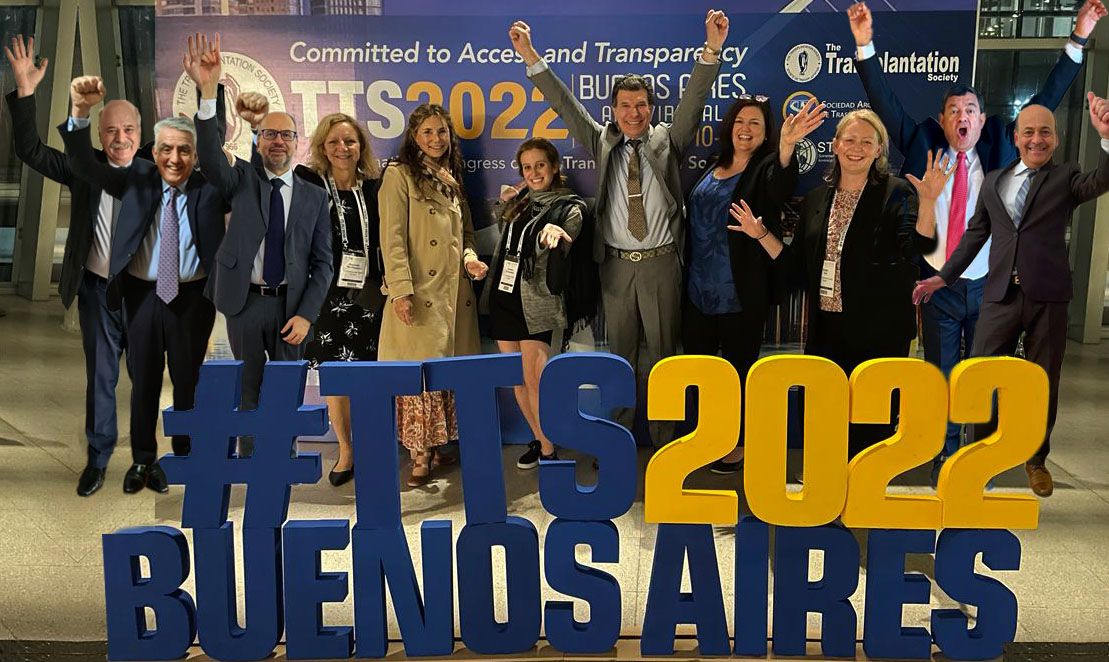
Abstracts
TTS CONGRESS Awards
TSC Best Manuscript Awards
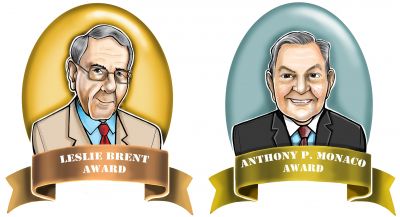
The Transplantation Science Committee of The Transplantation Society and Transplantation are pleased to announce the best manuscripts submitted to the Journal in 2021. Named after two pioneering giants, a selection committee that included editors of Transplantation, The Transplantation Society, in addition to members and chairs of the Transplantation Science Committee selected two winners amongst a very competitive group of applicants.
An extended article on these awards will be published in an upcoming edition of Transplantation.
The Leslie Brent Award for the Best Publication in Basic Transplantation Research went to Robert Bray from Emory University in Atlanta, GA, United States and co-authors for their research on Development and Validation of a Multiplex, Bead-based Assay to Detect Antibodies Directed Against SARS-CoV-2 Proteins.
The authors decided to donate the monetary award to the Terasaki Innovation Center (TIC). The TIC, following in the legacy of Dr. Paul Terasaki, facilitates and promotes the development and discovery of new pathways and tools to aid in the diagnosis and management of solid organ allograft rejection.
The Anthony P. Monaco Award that recognizes the best translational submission went to Antonio Amoroso from the University of Turin, Italy and co-authors for their research on HLA and AB0 Polymorphisms May Influence SARS-CoV-2 Infection and COVID-19 Severity.
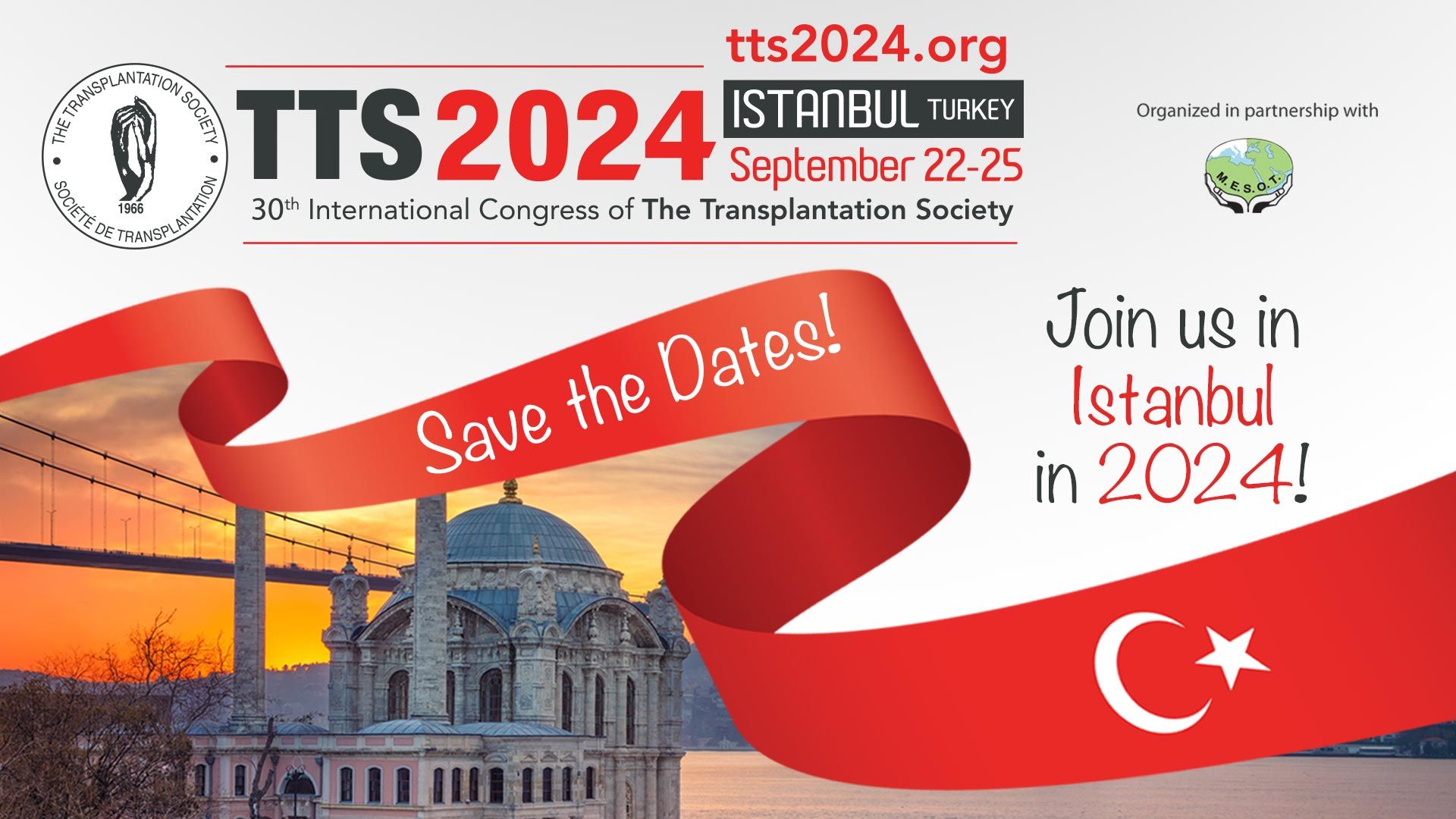
Contact
Address
The Transplantation Society
International Headquarters
740 Notre-Dame Ouest
Suite 1245
Montréal, QC, H3C 3X6
Canada
Используйте Вавада казино для игры с бонусом — активируйте промокод и начните выигрывать уже сегодня!

